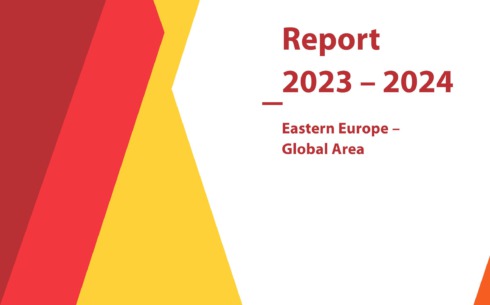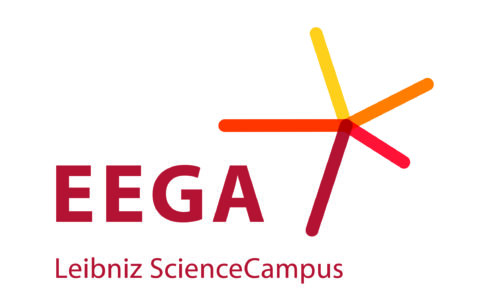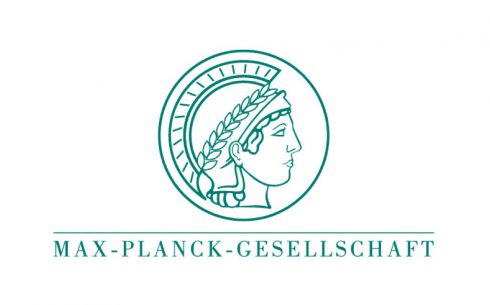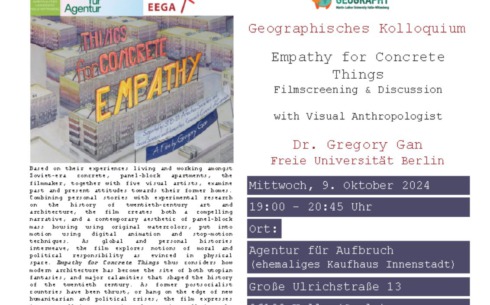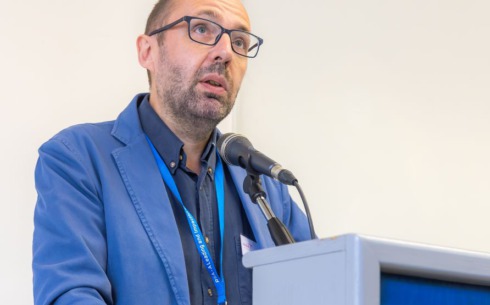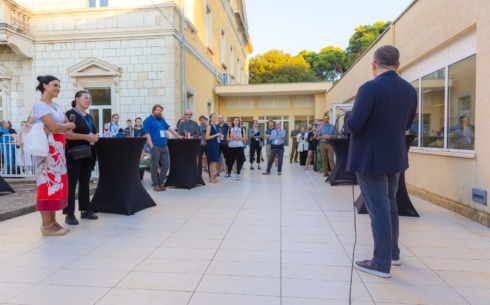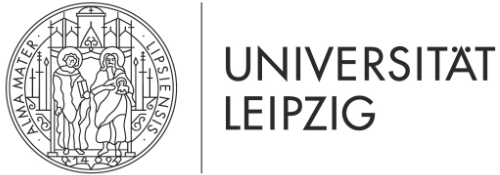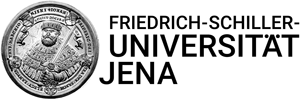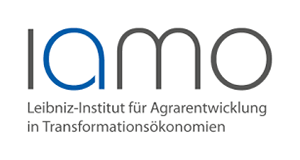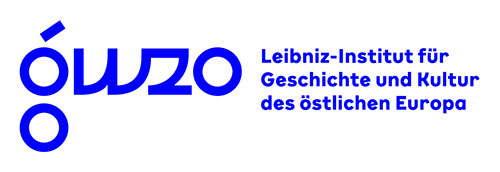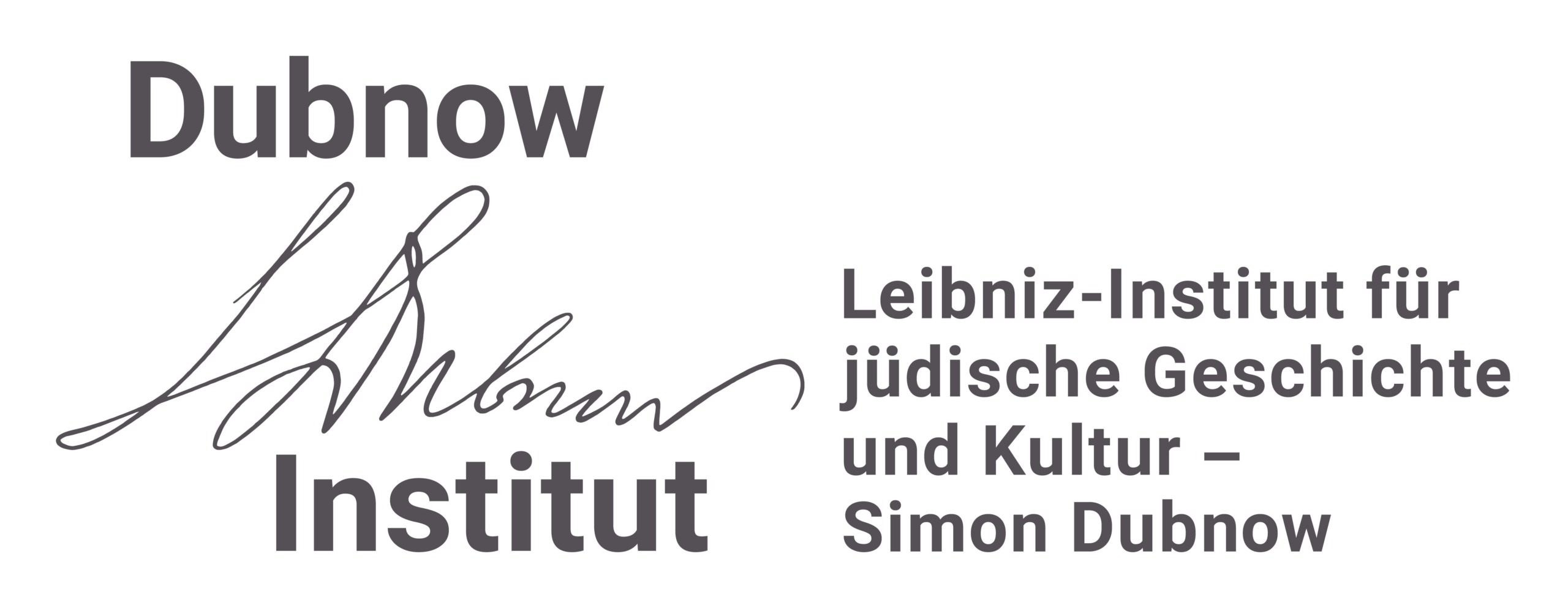CfP: Between Trade and Aid: Theories, Practices, and Results of Attempts of Exporting State- Socialist Development Models for the Third World
International Workshop, Leipzig 29 June – 1 July 2022
Organised by Leibniz Institute for the History and Culture of Eastern Europe (Leipzig) and Research Project B03 “Socialist Development Models for the ‘Third World,’” and Research Project A07 “‘Free Radicals’? Political Mobilities and Post-Colonial Processes of Respatialization in the Second Half of the 20th Century” of the Collaborative Research Centre 1199 “Processes of Spatialization under the Global Condition” (Leipzig)
Conveners: Aurelia Ohlendorf, Max Trecker, Steffi Marung, Uwe Müller
Once the process of decolonization gained momentum in the 1950s, the socialist states of Eastern Europe and decolonized states in Asia and Africa became increasingly more interested in each other. Their motivations were manifold: Leading figures from newly independent countries wanted to secure their political independence with economic independence. Although these countries themselves did not harbour strong pro-socialist sentiments, interacting with representatives from socialist Eastern Europe could serve their purpose. Contact with the East could, at a minimum, be used as leverage to demand economic concessions from Western representatives. For the East, the newly independent states provided an opportunity to export parts of their economic model, gain influence internationally, and import vital resources in exchange for machines and technology. Against the backdrop of the Cold War and the notion of peaceful coexistence under Khrushchev in the 1950s, the significance of international economic relations in the ideological struggle for influence in the world increased gradually. Although the West remained the most important partner for East and South alike, East-South relations became an integral part of international affairs. Not only goods and services but ideas, expert delegations, and activists, too, were exchanged between East and South. These interactions were often characterized by tensions between aspiration and feasibility, longer-term strategies and short-term needs, as well as political aspirations and economic interests.
In the workshop, the participants want to look at the dynamics of these interactions. The convenors are interested in case studies as well as comparative analyses from the early 1950s until the late 1980s. They are curious to learn more on how and by whom the projects were initiated and how the mutual perception of the partners changed as a consequence of their cooperation schemes in the Cold War period. How did actors modify their thinking about East-South exchange within time? What kind of impact did these changes have on their home countries? Did practices of business and trade change due to mutual exchange? To what extent knowledge exchange between the East and the South modified socialist development models in each region? They welcome contributions to the above-mentioned questions and topics.
The conference will take place in Leipzig between 29 June and 1 July 2022. The organisers are confident to reimburse travel costs and will provide accommodation in Leipzig for the duration of the conference.
Please, send abstracts for your paper proposals until 20 January 2022 (ca. 300 words, in English) to max.trecker@leibniz-gwzo.de. Decisions on the acceptance of proposals will be communicated by 3 February. Draft papers will be circulated among the conference participants two weeks ahead of the conference.
